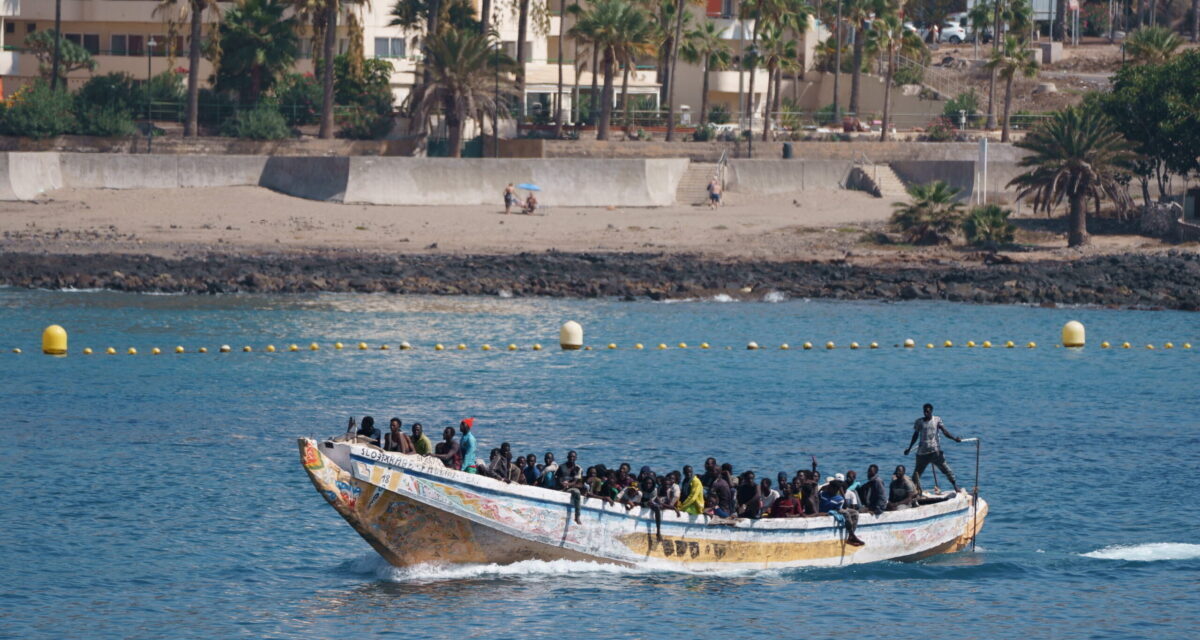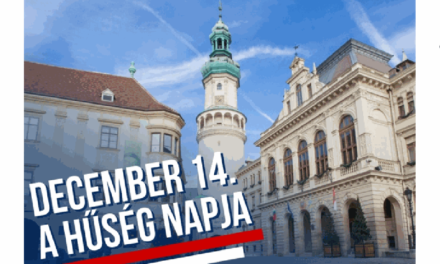About 36,000 people are sent to Albania every year.
Reception centers in Italy are full, so illegal immigrants will be transported to Albania as part of an agreement. The refugee centers in Albania can also function as test plants: they are tested, and then similar ones can be created in other Western Balkan countries.
All this worries the states of the region. How much does the migrant export cost the Italians? What is their ultimate goal with the measure? How can all this affect Hungary?
- They are looking for new, alternative methods to deal with and curb illegal migration. The current measure can also be called an alternative to the mandatory migrant quota - Tímea Zsivity, a researcher at the József Eötvös Research Center of the National University of Public Service (NKE) at the European Strategy Research Institute, said to the Magyar Nemzet, who made a statement regarding the Italian-Albanian agreement, according to which Italy will transport certain immigrants to Albania in the future. .
Italian Prime Minister Giorgia Meloni and Albanian Prime Minister Edi Rama reached an agreement in November 2023 that Italy would establish two refugee camps in Albania.
The two centers were supposed to start operating today, the first of August, but the Italian government announced that there was a delay in equipping the refugee centers, so they will have to wait a few weeks for their opening.
The researcher explained: the Italian government intends to transport to Albania only male refugees from specified "safe" countries, who are intercepted at sea by the Italian navy or coast guard before they reach Italy. This group does not include the disabled, women, children and other vulnerable social groups. Tímea Zsivity said: based on the plans
the two centers can accommodate 36,000 illegal immigrants every year.
Albania marked the deal as a gesture of solidarity with Italy, which took in thousands of Albanians after the fall of the communist regime in the early 1990s.
The two camps are placed in Albania because the Italian reception centers are full. Italy would also act as a deterrent to those wishing to leave. The two camps will be under Italian jurisdiction, and Italian police officers will serve in them. The task of the Albanian authorities will be to permit entry into the country and to secure the outer area of the centers.
The five-year program is estimated to cost Italy 670 million euros.
- The President of the European Commission, Ursula von der Leyen, also supported it.
- German Chancellor Olaf Scholz also expressed his openness regarding the agreement.
- As in several other EU member states, there is also a debate in Germany about whether asylum procedures can be initiated and conducted outside the EU.
- In a letter dated May 15 this year, a group of 15 EU countries (Austria, Bulgaria, Cyprus, the Czech Republic, Denmark, Finland, Estonia, Greece, Italy, Latvia, Lithuania, Malta, the Netherlands, Poland and Romania) asked the European Commission to to propose new solutions to prevent illegal immigration to Europe.
Among other things, they stated: "The EU and its Member States must step up their contribution to building equal, constructive and broad partnerships with key countries, especially along migration routes." They further stated: "It would be important for Member States to be able to transfer asylum seekers for whom a safe third country alternative is available to such countries."
- The agreement states that migrants cannot enter Albanian territory from the camps, and can only stay in the country during the procedure. Those who win asylum will be sent to Italy, while those who are rejected will be sent back to their country of origin, the expert informed.
He added that there is a chance that if the asylum applications of the immigrants are rejected, then these persons will try to escape.
According to the researcher, if they are not arrested by the Albanian authorities, the migration route to the Western Balkans may increase.
These illegal immigrants may even appear at Hungary's southern border, but according to the researcher, this problem will affect Montenegro, Bosnia and Croatia more.
- The two Albanian refugee camps and the Montenegrin resorts are roughly seventy kilometers apart. Taking into account that tourism is one of the main pillars of the economy of both countries, it is the main source of livelihood for the majority of the population, so close and coordinated work in the field of border protection is very important. Peace is fragile in the Western Balkans. The maintenance of good neighborly relations is crucial for the countries of the region and also for the states of the Union.
The Italian-Albanian agreement could generate further conflicts between the countries of the region in case of inadequate border control
Tímea Zsivity stated. According to the researcher, these two refugee centers can also function as a kind of test facility, they will be tested, and then similar ones can be created in other Western Balkan countries. He added: all of this fills the states of the region with concern, as the migration waves of recent years pose a huge challenge to the region. According to the researcher, in the case of the Western Balkan region, which is already burdened with conflicts, the appearance of new refugee masses is a special risk factor, when the integration of the refugees already in the region has not been achieved.
Cover photo: 120 illegal immigrants trying to reach Europe from Africa arrive by boat at the port of Los Cristianos in Tenerife, Canary Islands
Source: MTI/EPA/EFE/Ramon De La Rocha













